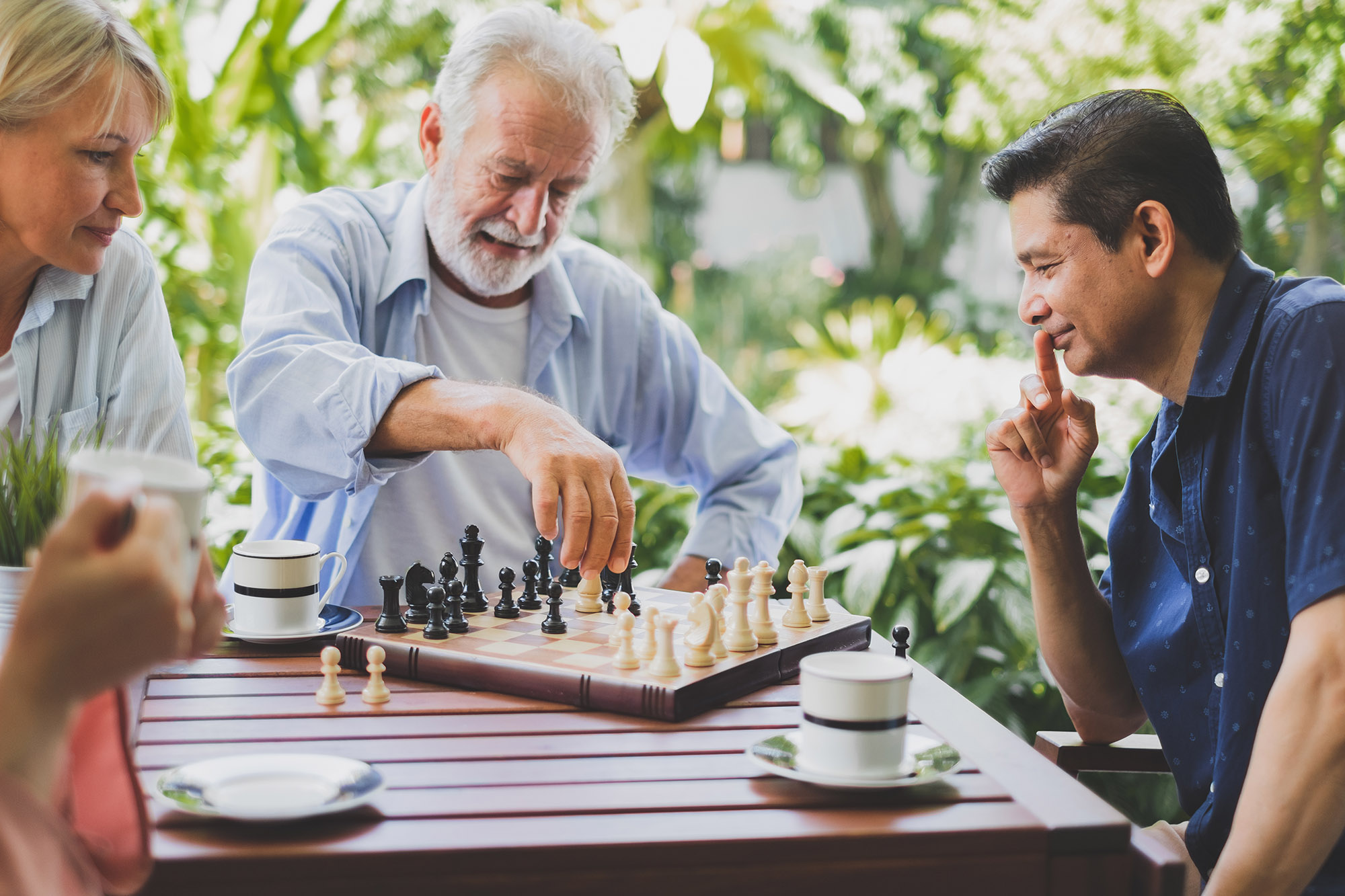
Analyze Your Games
One of the most effective ways to improve your chess skills is to analyze your games. Reviewing and understanding the mistakes you made and the tactics you or your opponent missed is a crucial part of learning. You can use chess software or a coach to assist in this process. Look at both your wins and losses, as each game can offer valuable lessons.
Solve Puzzles
Chess is a game of pattern recognition. The more patterns you know, the better your intuition becomes. Chess puzzles, or tactics, can help build your repository of patterns. Websites and apps offer thousands of puzzles to solve, often sorted by theme (e.g., forks, pins, skewers) or difficulty.
Play Regularly and Diversely
Playing regularly helps to reinforce your knowledge and build your experience. Try to play against opponents of different styles and strengths to understand various strategies and learn how to adapt your game.
Study Openings But Don’t Memorize
While it’s essential to be familiar with common openings, it’s not useful to memorize long sequences of moves. Understanding the ideas and strategies behind the opening is more valuable. Focus on one or two openings for white and black to start.
Endgame Practice
The endgame is where many games are won or lost, so understanding common endgame principles and positions is key. This includes knowing how to checkmate with different pieces, understanding the importance of king and pawn movement, and recognizing key endgame structures.
Learn from the Masters
Studying games by top players can provide a wealth of insights. Pay attention to their strategies, tactics, and how they handle different phases of the game. Try to understand the reasoning behind each move. There are many annotated games and books available for this purpose.
Use Technology
Take advantage of chess software and online platforms. They offer tools for analyzing games, practicing tactics, playing against computer opponents of varying strengths, and playing with players from around the world. Some even offer structured learning paths and lessons.
Get a Coach
If you can, consider getting a chess coach. A good coach can provide personalized advice, highlight your weaknesses and strengths, suggest the right materials for study, and guide you through your chess journey.
Mindset and Health
Lastly, maintain a positive mindset and take care of your physical health. Chess is a mental game and requires concentration and mental stamina. Regular physical exercise, a healthy diet, and good sleep can enhance these abilities.
Improving at chess is a journey, and everyone progresses at their own pace. Remember that the most important part of the game is to enjoy it. Happy learning, and see you on the chessboard!








